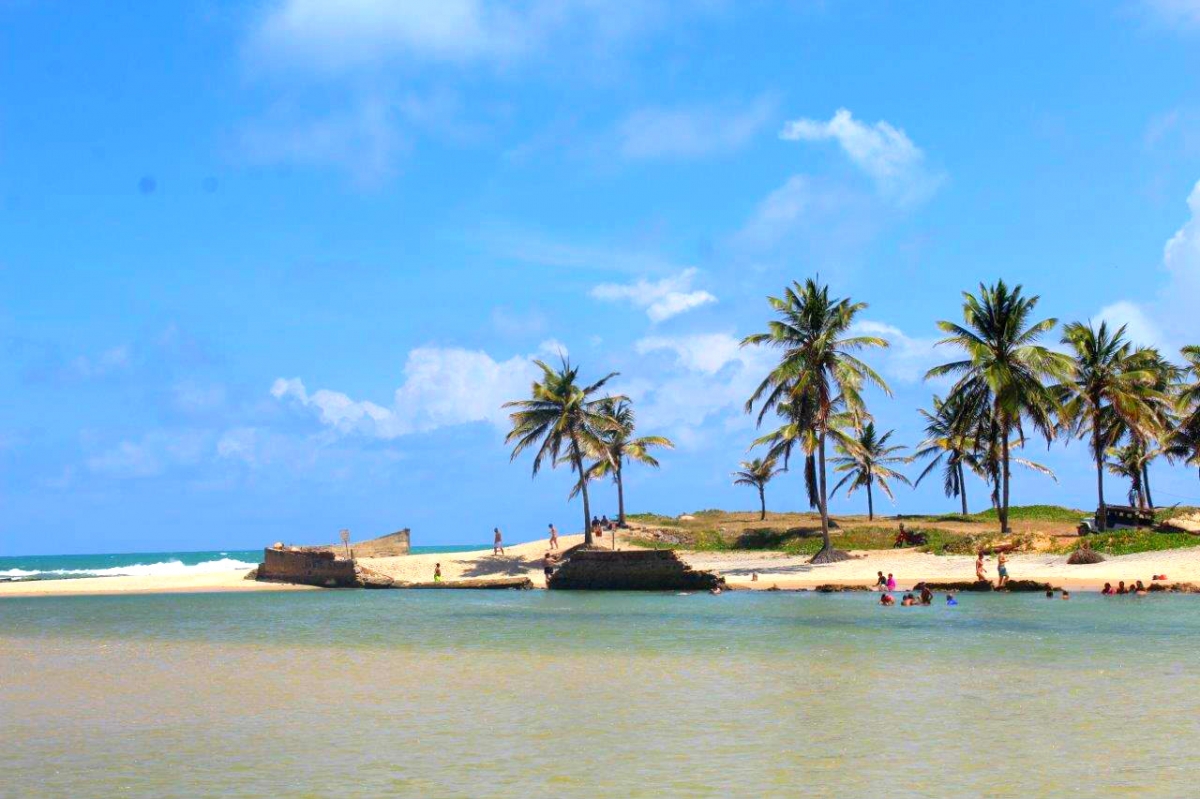Cashew, double dose health.
The cashew is a native fruit of the trays and dunes of Brazil.
Its cultivation is quite common in the northeast, with highlight to the major producers: Ceará, Rio Grande do Norte and Piauí. Ninety percent of Brazilian production is exported to the United States, Canada and Europe.
Cashew is considered as the fruit of the cashew, when in fact, it is a pseudofruit (false fruit). What we understand as cashew is actually two parts: the fruit itself is cashew nuts; and the fruit, usually recognized as cashew, is a floral peduncle. According to Embrapa and international research, cashew adds health, flavor and beauty to the tropical table, because in addition to vitamin C, it is rich in vitamins A, B1, B2 , B3 and minerals such as calcium, phosphorus, iron and copper.
The pulp is used 100%, as it is used for the production of juices, sweets, liquor and brandy. The high concentration of vitamin C in the cashew helps in the absorption of iron by the human body and therefore its consumption is indicated for people with anemia.
Vitamin C is also a type of antioxidant. This biological property is associated with the prevention of chronic-degenerative diseases, such as cardiovascular problems, cancer and diabetes. The presence of large amounts of minerals helps to strengthen bones. In cashew nuts are found large amounts of fibers and monounsaturated fatty acids, which help lower LDL (bad for health) cholesterol levels, raise cholesterol levels HDL (good for health) and assist in intestinal transit.
So "bora" consume more cashew in your day to day, or do you need some more reason?
By Andreia Cristina. Master in Food and Nutrition - CRN3 / 19360
Text originally published in Bora Magazine - issue 03 - Dec / Jan 2014






 ESPAÑOL
ESPAÑOL
 PORTUGUES
PORTUGUES
